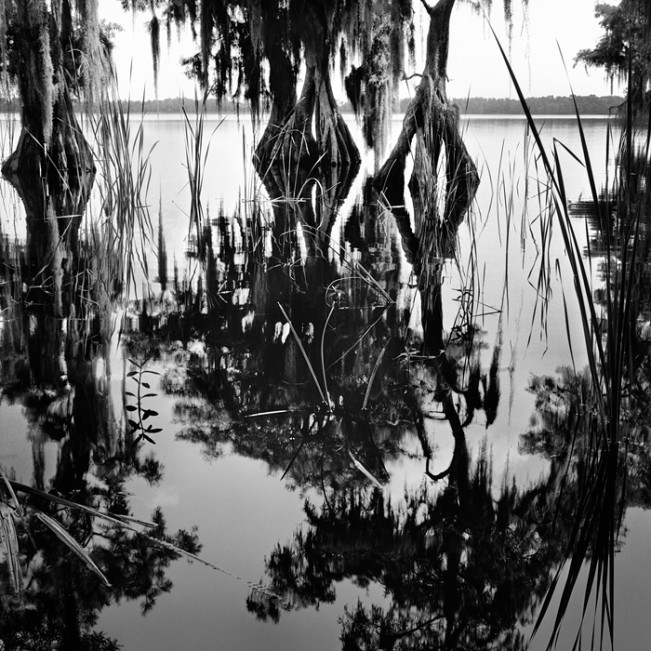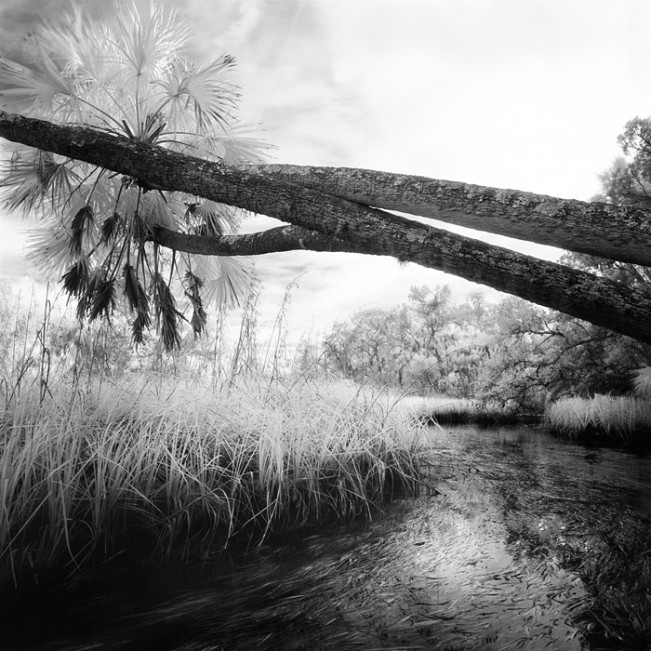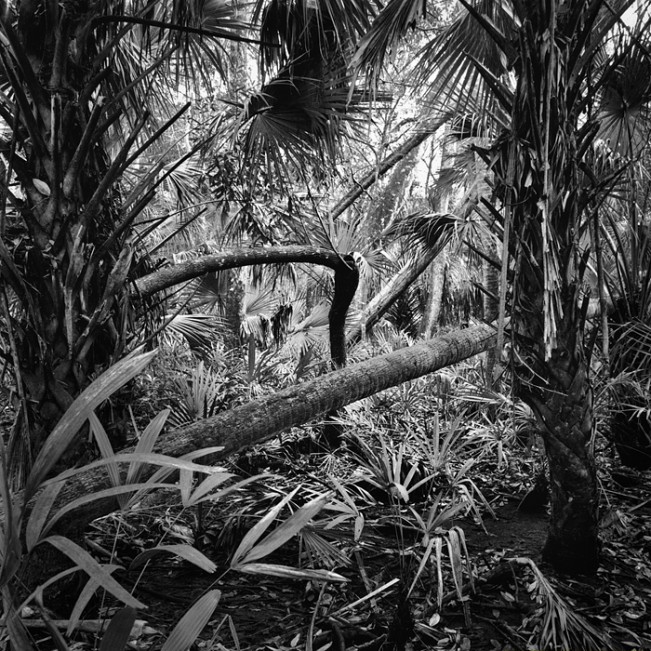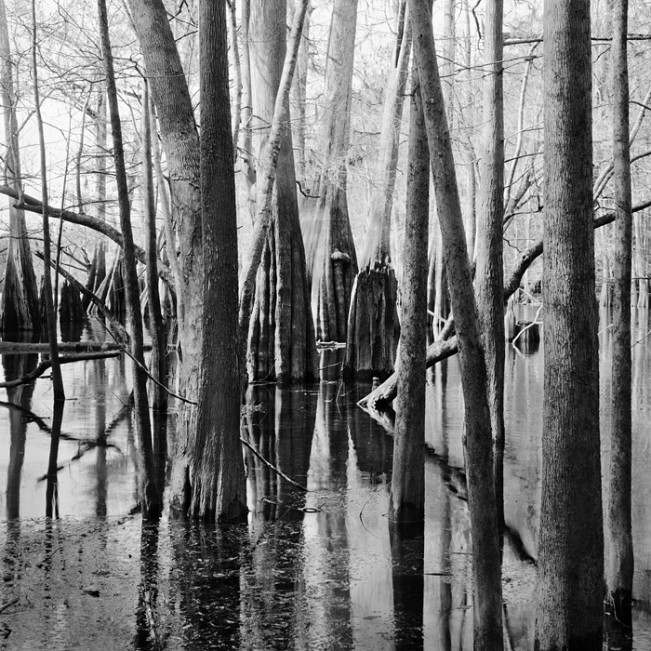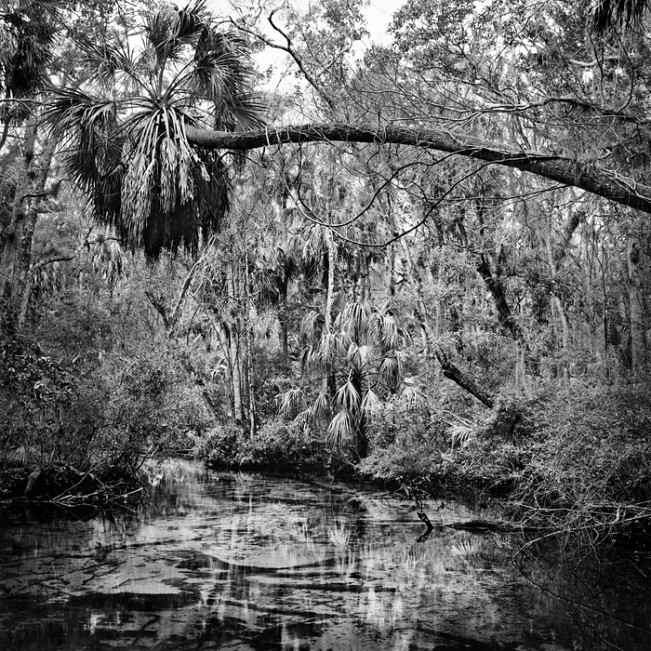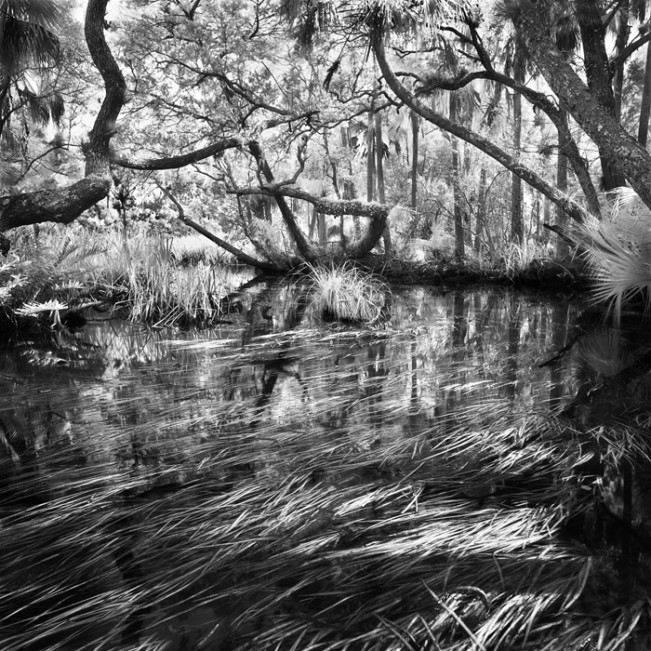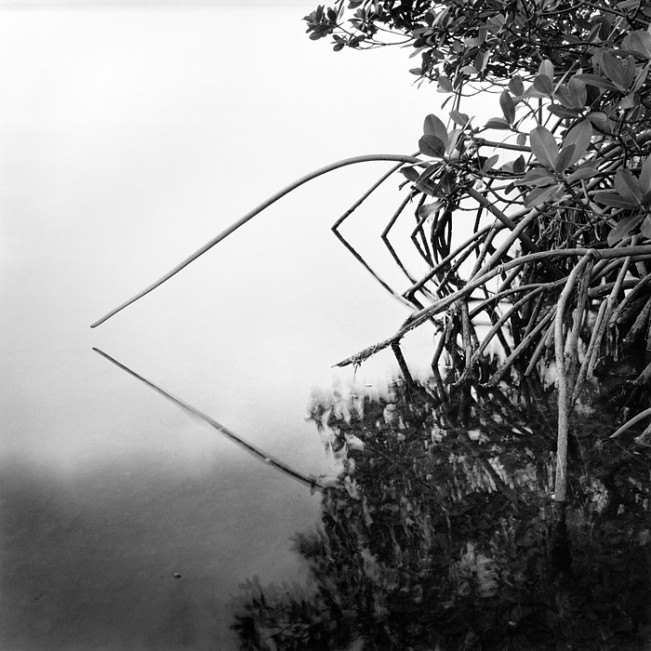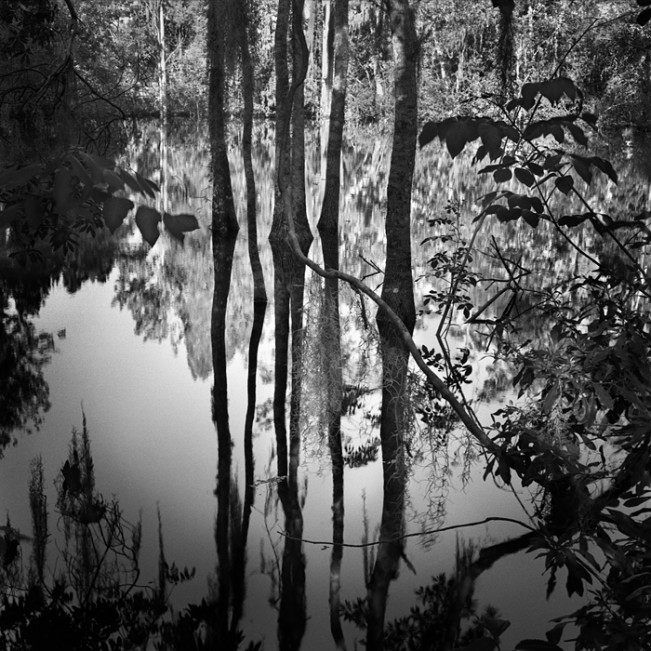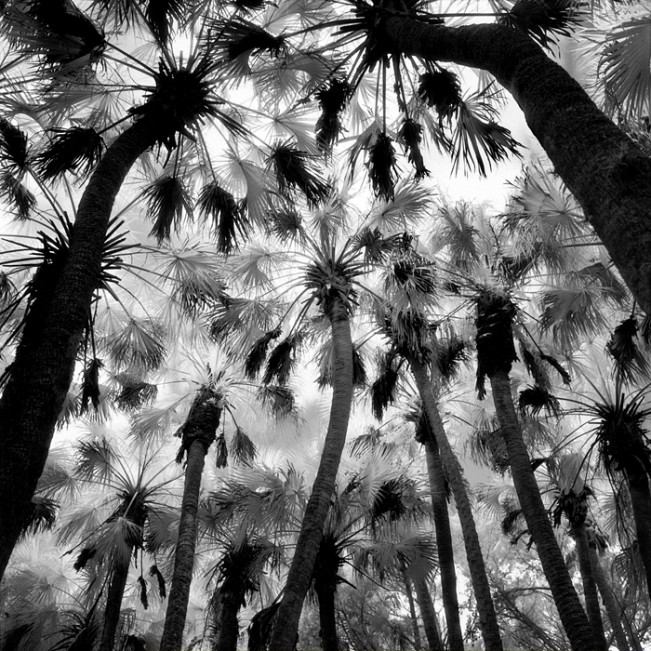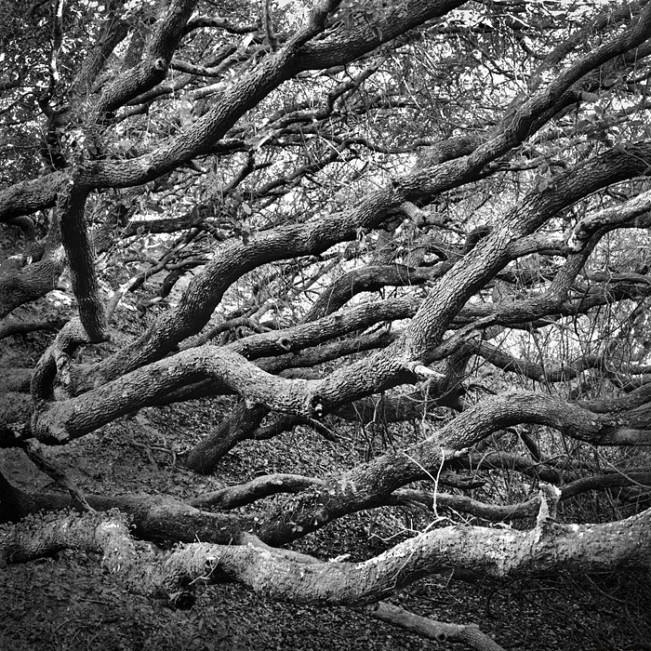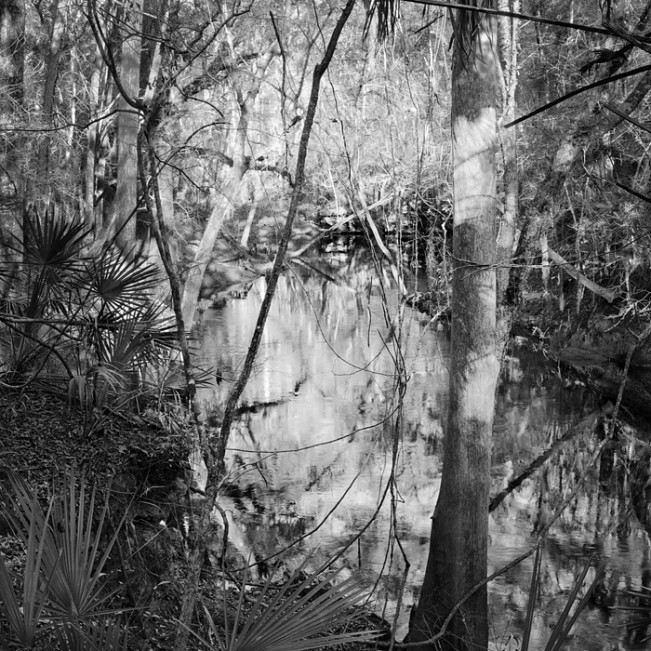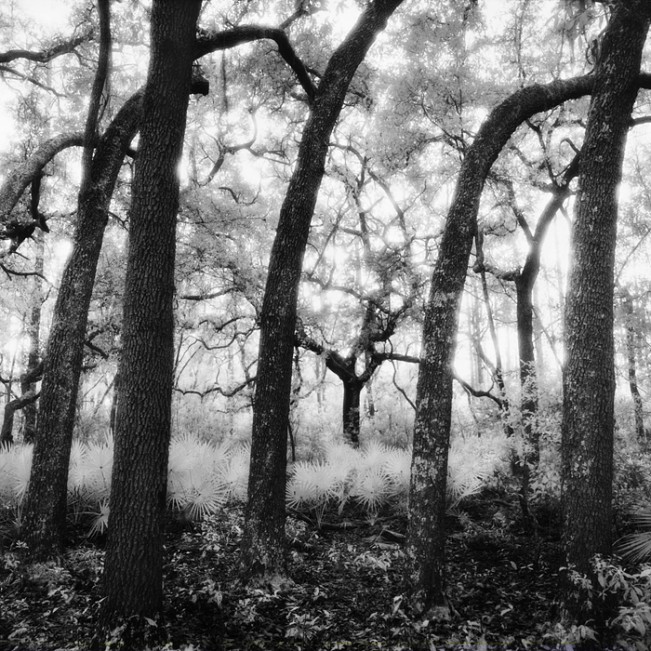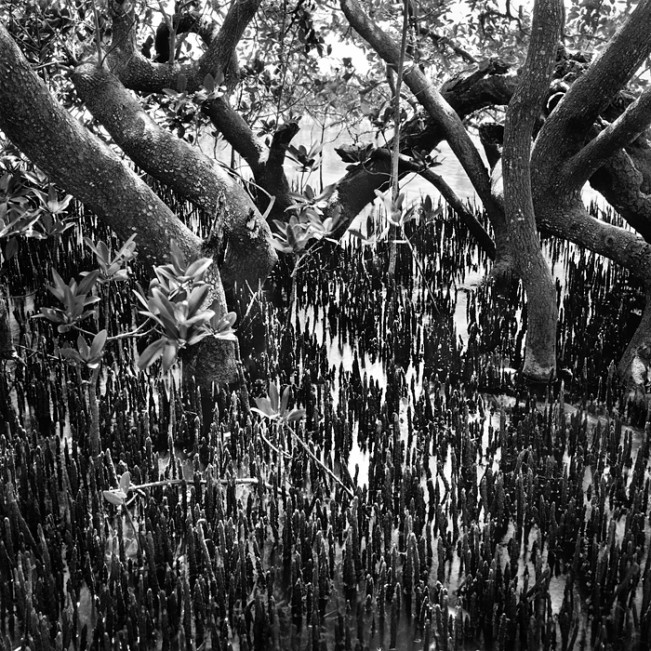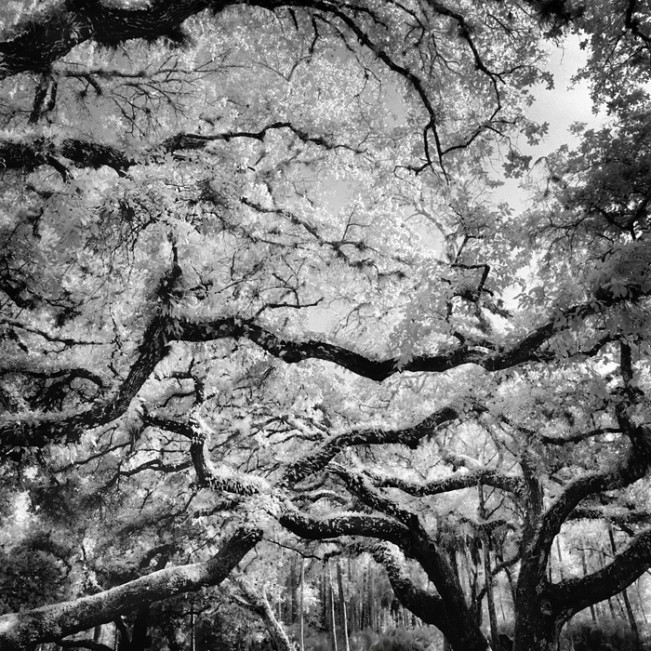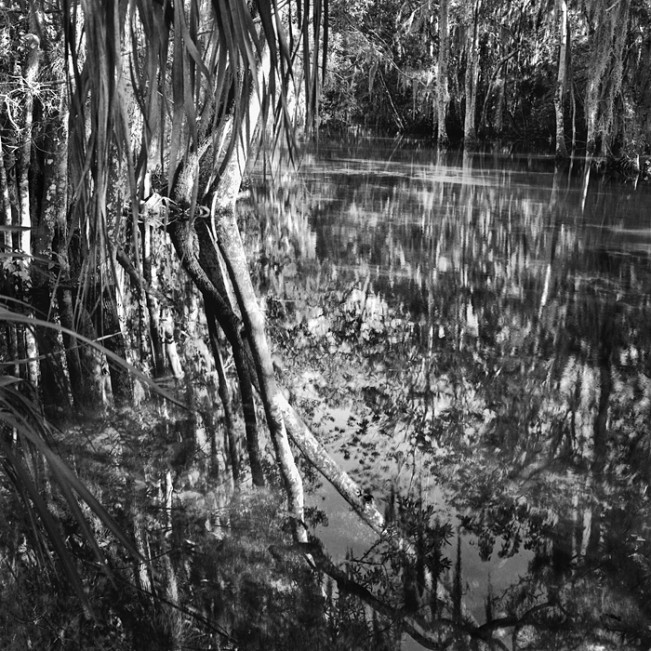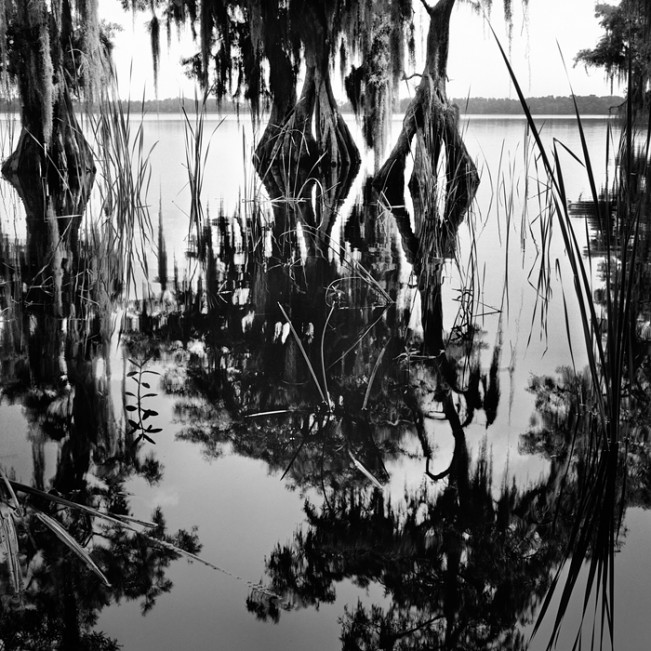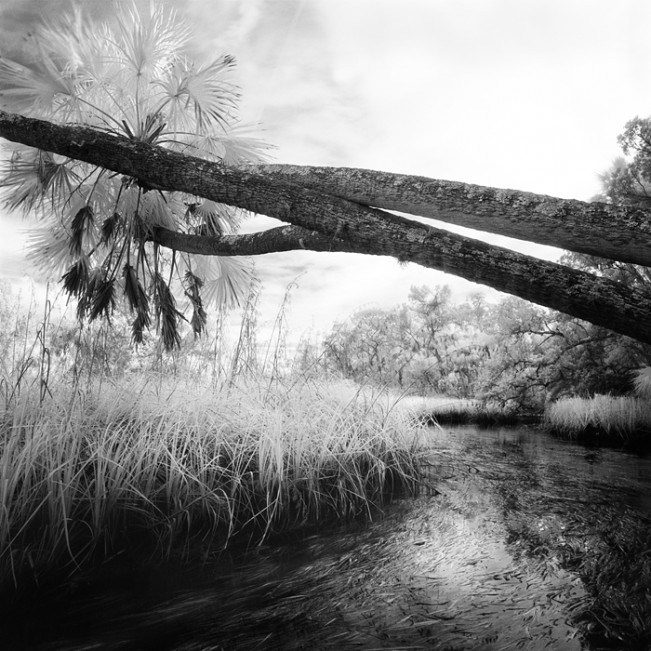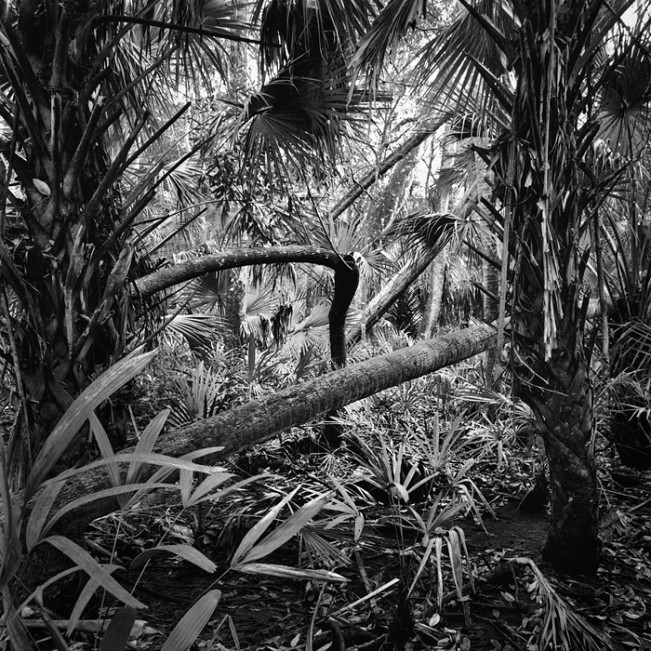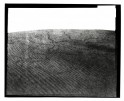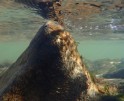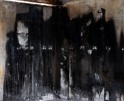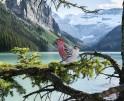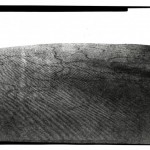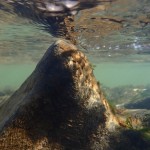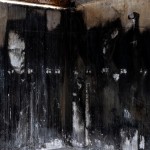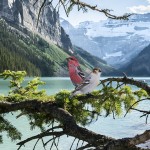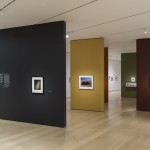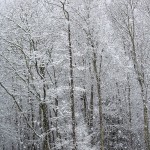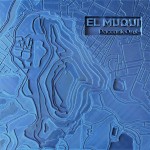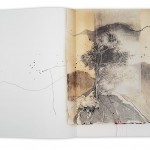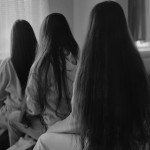Photolucida: Benjamin Dimmitt : Primitive Florida
I first encountered Benjamin Dimmitt‘s striking landscapes when Alexa Dilworth and I jurored one of his photographs into the Slow Exposures Exhibition last year. After spending time with him at the festival, I discovered that he is a photographer’s photographer, dedicated to the darkroom, and immersing himself into his subject matter with deep consideration. His new project, Primitive Florida, captures the disappearing wetlands and forests of his childhood, allowing Benjamin to reflect, remember, and document a world that feels primordial and timeless.
Benjamin was born and raised on the Gulf Coast of Florida. He graduated with a B.A. from Eckerd College in St. Petersburg, FL. He also studied at International Center of Photography in New York, NY, Santa Fe Photographic Workshop in Santa Fe, NM, Santa Reparata Graphic Arts Centre in Florence, Italy and City and Guild Arts School in London, England, Benjamin moved to New York City after college and held an adjunct professor position at the International Center of Photography in New York, NY from 2001-2013. He now lives and works in Asheville, NC and teaches workshops at The Bascom in Highlands, NC.
His work is represented by Clayton Galleries in Tampa, FL and by Hagedorn Foundation Gallery in Atlanta, GA. In the spring of 2016, Benjamin will be exhibiting new work in a solo exhibit at Clayton Galleries that examines the impact of saltwater intrusion on the Chassahowitzka National Wildlife Refuge in Florida. Benjamin has exhibited internationally including at Museum of Fine Arts, Houston, Houston, TX, School of International Center of Photography, New York, NY, American Academy of Arts & Letters, New York, NY, Florida Museum of Photographic Arts, Tampa, FL, Davis Orton Gallery, Hudson, NY, Photo Center NW, Seattle, WA, Candela Gallery, Richmond, VA, Center for Fine Art Photography, Fort Collins, CO, 25 CPW Gallery, New York, NY, Kiek In De Kok in Tallinn, Estonia and California State University’s International Program in Florence, Italy.
His photographs are in the permanent collections of Museum of Fine Arts, Houston, Houston, TX, American Academy of Arts and Letters, New York, NY, Florida Museum of Photographic Arts, Tampa, FL, Eckerd College, St. Petersburg, FL, Joyce Mertz Gilmore Foundation, New York, NY, Lucerna Fund, New York, NY and Georgia World Congress Center, Atlanta, GA as well as numerous private collections.
Benjamin’s work has been published in The New Yorker: Photo Blog, Photo District News-Photo of the Day, Black & White Magazine, Orion Magazine, South X Southeast Magazine, Tampa Bay Magazine, The New York Times and Washington Post among others.
He was a finalist in Photolucida’s Critical Mass Award in 2014 and was also a finalist in New Orleans Photo Alliance’s Clarence John Laughlin Award in 2013 and 2014.
Primitive Florida
I am a native Floridian and have been living away from my home state for over 30 years. The Florida of my youth had abundant undeveloped areas that I took for granted and that are now gone. The remaining primitive places have been put at risk by saltwater intrusion, nearly unfettered development and unwise land and water use policies. In 2004, I began photographing the wetlands, palm hammocks and low-lying forests of Florida in a process of exploring, reacquainting myself and finally interpreting the unique and fragile beauty there. These landscapes are particularly vulnerable to development, hurricanes, and rising seas and will never again look like they did when I was young.
Initially, I wasn’t concerned with why I was making these photographs but I knew that I loved being in these places and reconnecting with my native environment. A thousand people a day move to Florida though, and it has become the third most populous state in the country. I now see this work as a meditation, perhaps elegiac, on the Florida landscape that is vanishing.
Primitive Florida is not a place of grandeur and majesty. Instead, I seek out lush and fecund places where land merges with water to photograph. I am most attracted to scenes of animated and layered growth that exhibit the urge for survival and the persistence of life.
My mother was an artist. Her abstract paintings and our discussions about the artistic process informed and influenced my vision. Her insistence that the world around us is merely a starting point for image making had an impact on how I see.
I have a very strong connection to this primeval landscape. It was my first photographic subject more than 40 years ago. As the years have passed, I’ve realized that I photograph to learn more about my home and about myself.
I photograph using a medium format camera and film, a tripod, and a hand-held light meter. I make selenium-toned gelatin silver prints in a wet darkroom with music playing loudly.
Posts on Lenscratch may not be reproduced without the permission of the Lenscratch staff and the photographer.
Recommended
-
Olga Fried: Intangible EncountersFebruary 18th, 2026
-
Juliette Ludeker: Somewhere You Can Never GoFebruary 16th, 2026
-
Review Santa Fe: Elizabeth Z. Pineda: Sin Nombre en Esta Tierra SagradaFebruary 6th, 2026
-
Review Santa Fe: Carolyn Monastra: Divergence of BirdsFebruary 2nd, 2026

